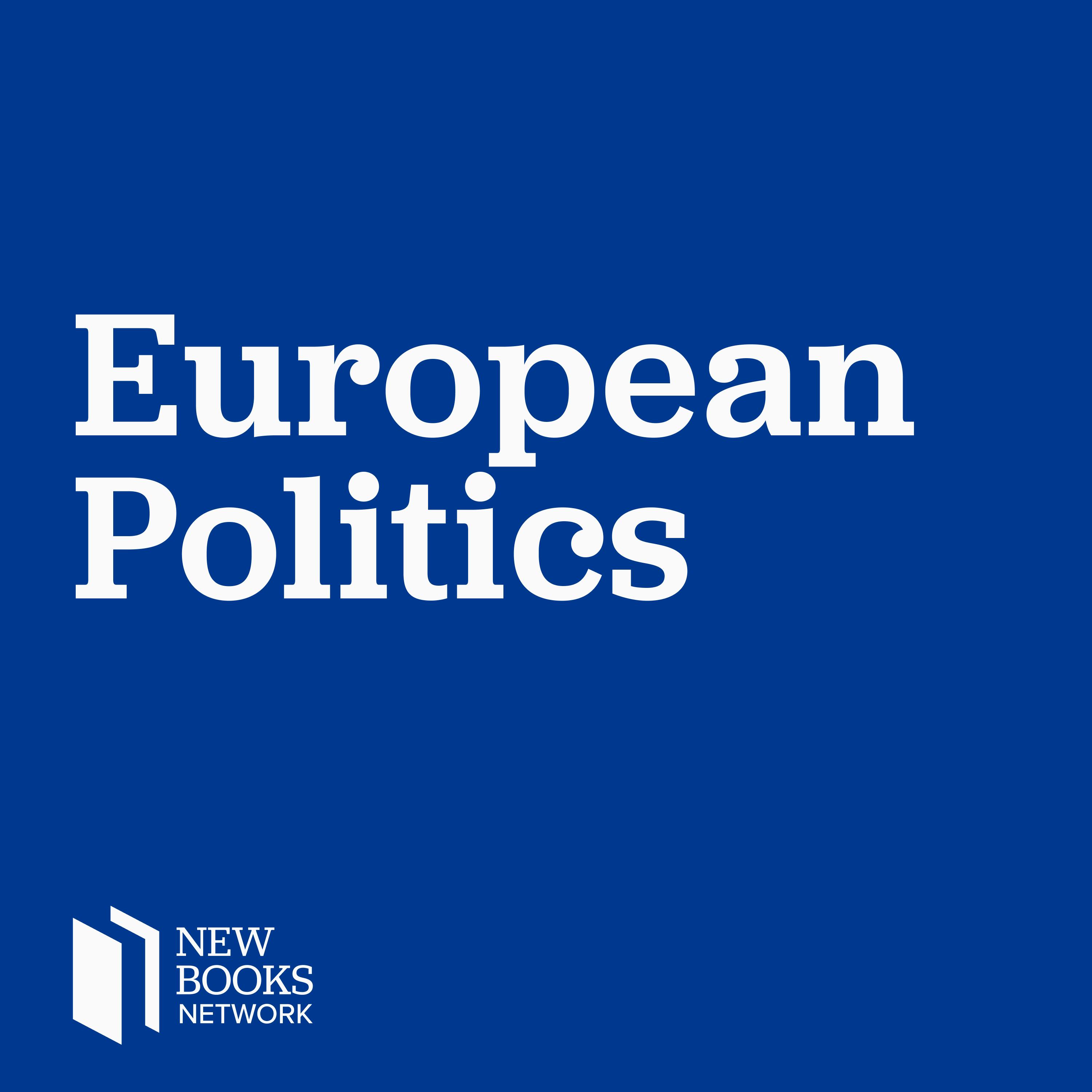Gill Bennett, “The Zinoviev Letter: The Conspiracy that Never Dies” (Oxford UP, 2018)
Description
The Zinoviev Affair is a story of one of the most long-lasting and enduring conspiracy theories in modern British politics, an intrigue that still resonates nearly one-hundred years after it was written. Almost certainly a forgery, the so-called Zinoviev Letter, had no original and has never been traced. Notwithstanding, the Letter still haunts British politics. It was the subject of major Whitehall investigations in the 1960s and 1990s, and it even cropped up in the British media as recently as during the Referendum campaign of 2016 and the 2017 general election.
The Letter, addressed to the leadership of the British Communist Party, encouraging the British proletariat to greater revolutionary fervor, was apparently sent by Grigori Zinoviev, head of the Communist International in September 1924. Sent to London through British Secret Intelligence Service channels, the Letter’s publication by the Daily Mail on October 25th 1924 just before the General Election humiliated the first ever British Labour government, headed by Ramsay MacDonald, when its political opponents used it to create a “Red Scare” in the media. Labour blamed (erroneously) the Letter for its defeat, insisting there had been an establishment conspiracy, and many in the Labour Party have never forgotten it.
The Zinoviev Letter has long been a symbol of political dirty tricks and what we would now call “fake news”. Now, former Chief Historian at the Foreign and Commonwealth Office, Dr. Gill Bennett, who headed up an official inquiry into the Zinoviev Affair in the late 1990s, takes another look at this matter in a fascinating book, The Zinoviev Letter: The Conspiracy that Never Dies (Oxford University Press, 2018). Employing research skills honed by forty-years work at the Foreign Office, Dr. Bennett entrances the reader with this still fascinating detective story of spies and secrets, fraud and forgery, international subversion and the nascent global conflict between communism and capitalism.
Charles Coutinho holds a doctorate in history from New York University. Where he studied with Tony Judt, Stewart Stehlin and McGeorge Bundy. His Ph. D. dissertation was on Anglo-American relations in the run-up to the Suez Crisis of 1956. His area of specialization is 19th and 20th-century European, American diplomatic and political history. It you have a recent title to suggest for a podcast, please send an e-mail to [email protected].
Learn more about your ad choices. Visit megaphone.fm/adchoices
More Episodes
Published 11/21/24
Published 11/16/24
Kingmaker: Secrets, Lies, and the Truth about Five Prime Ministers (Ithaka, 2024) by Sir Graham Brady provides an insider’s look at the power struggles, leadership challenges, and inner workings of the UK’s Conservative Party, especially during the upheaval of Brexit. Brady, as Chairman of the...
Published 11/04/24


